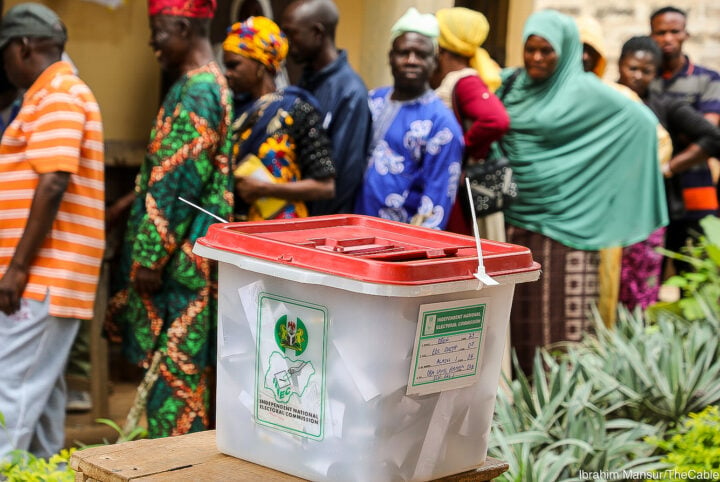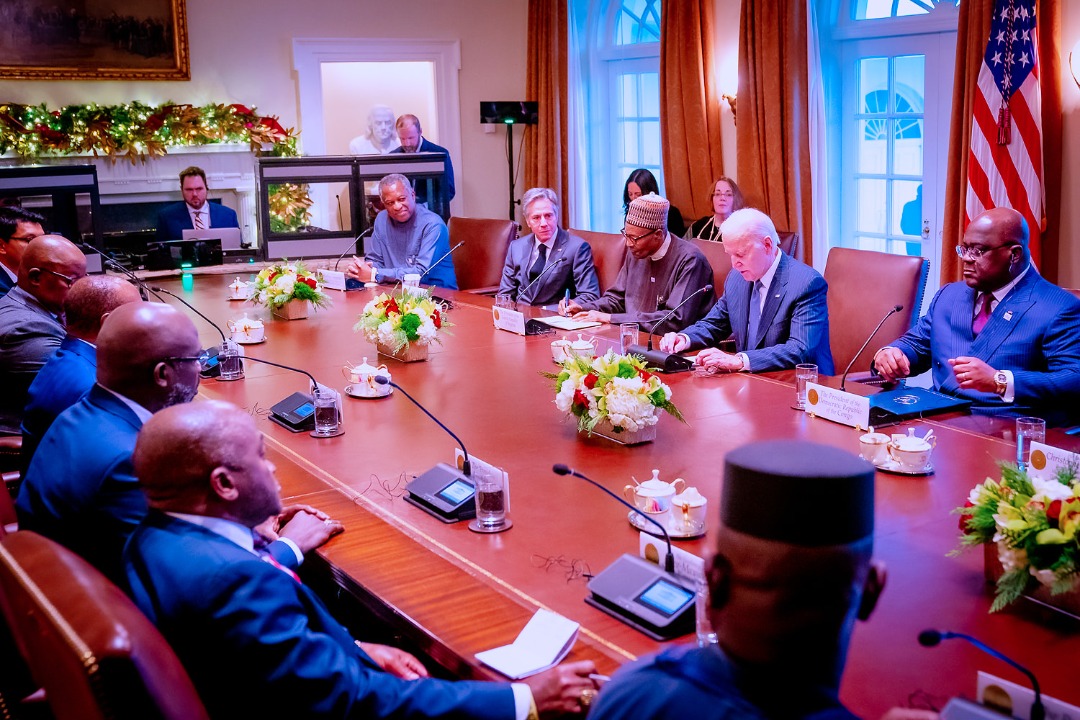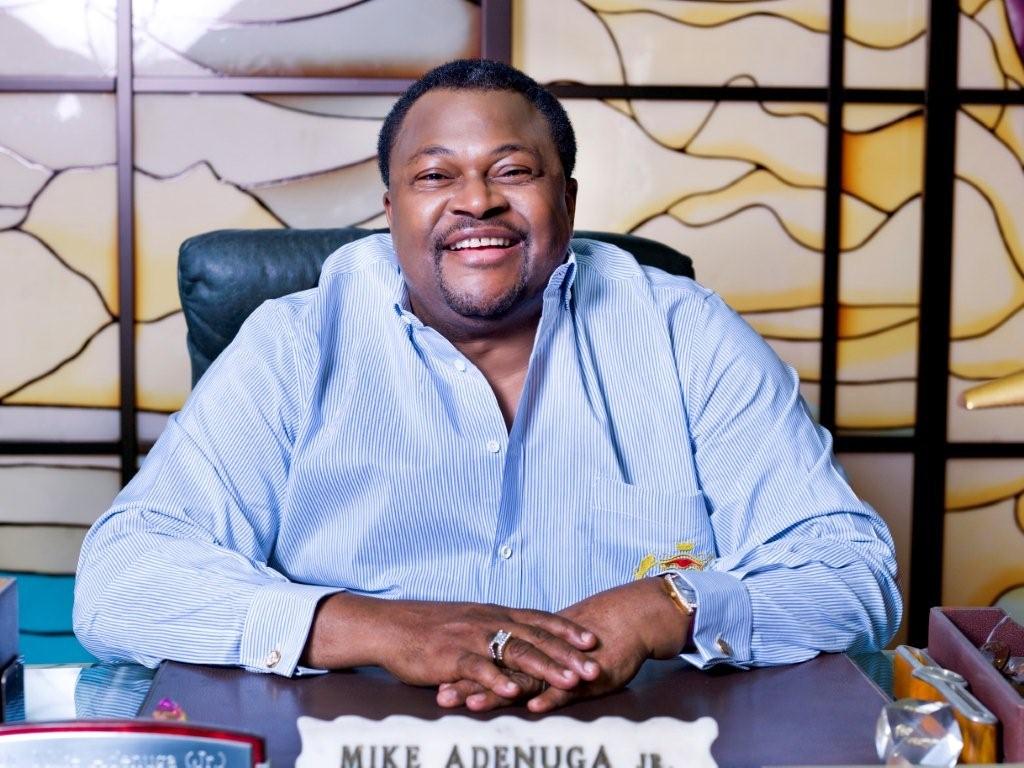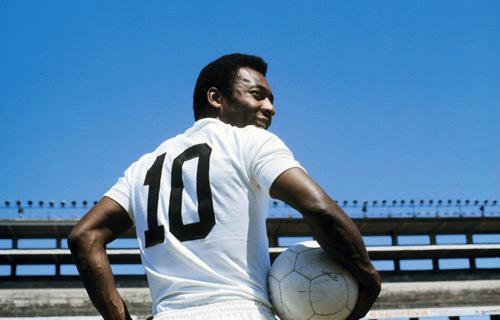BY ZUKUMNAN DAPEL
The latest official poverty figures from the World Bank show that more than 80 million Nigerian residents live in poverty. That is, roughly half of the entire population is unable to spend N376 per person per day. And, according to the national electoral body, the INEC, there are more than 90 million registered voters looking forward to exercising their franchise in the 2023 general elections. Given these numbers, there is no question that the uppermost numerical voting strength evidently “rests on the shoulders of the poor”. In other words, the economically less well-off have the power in their hands – through the ballot – to determine who runs the affairs of the entire country.
Nonetheless, the tapestry of history is woven with testimonies that this has been a far cry from the reality on the ground. Previously elected governments have failed to vanquish poverty in the land. But why are the poor powerless at the booths despite holding the strongest voting power?
The poor, even though their votes are often counted at elections, the votes rarely count in producing the leaders that will transform their economic fortunes. Elections are often rigged (given the high rate of post-election petitions and the aftermath of court judgements), and the poor are habitually manipulated to vote against their wishes. Ethnic, regional, and religious sentiments have been effective tools in this regard.
Advertisement
Sadly, the poor repeatedly wind up being on the receiving end of a flawed electoral process. With inflation eroding their purchasing power/living standards and corruption shovelling cash from public treasuries to private vaults of the political elites and the governing class, the economic conditions of the poor are being weaponised against them in the desperate competing quest to grab political power. Without a doubt, money will “reign” in the forthcoming elections, determining directions.
Had the numerical polling strength of the poor truly mattered, election outcomes would have shown how the poor, using their voter’s card, punish bad leaders by dethroning and booting them out of the office and replacing same with good leaders that would have rewritten the nation’s economic map, lifting millions out of poverty, thus diminishing the weaponisation of poverty during campaigns and elections.
The price
Advertisement
Clientelist (or vote buying) – “the payment by political parties of minor benefits (food, clothing, cash) to citizens in exchange for their votes” – is a criminal offence in Nigeria nonetheless, it is still predominant in many forms across the country.
In fragile democracies, a political trade-off exists between clientelist and the pursuit of pro-development policies (e.g., the provision of pro-poor public goods). In such settings, elected leaders are less likely to lavish government finances on amenities that are deemed to generate significant benefits for the poor; health, education, roads, electricity, dams, etc. This is predicated on the fact that when votes and money swap hands between politicians and electorates, a default social charter between the vote-sellers (the electorates) and the vote-buyer (the politicians) sets in. Consequently, the politicians feel [and become] less accountable to the people and at the same time more loyal to egocentricities (including money) which runs counter to the overall interest of their constituencies.
On the other hand, the vote-selling citizens will find it difficult to muster the fortitude to hold the politicians to account. This is the breeding and flourishing ground of a broken political process in reinforcing poverty. If poverty induces vote-selling, then vote-buying will be relatively widespread in financially ruined or economically distressed areas and therefore, the higher the voter turnout.
I recently thought to myself that the higher the revenue allocated to a state from the federation account, the more the state feels the presence and a sense of being part of the national government. Subsequently, this will boost national political participation i.e the citizens of the state will become more interested in choosing who rules them. Well, I’ve just tested this notion by running it through some data. The data says otherwise. See the chart below:
Advertisement

To understand the chart, please note that voter turnout is depicted on the y-axis ranging from 0 (no voter showed up) to 1 (all voters showed up). It is defined as the ratio of total votes cast to the total number of issued voter cards as of the month of the elections.
Although the relationship is weak, states with more allocations in the two years preceding the last general elections seem relatively less interested – than states with fewer allocations – in participating in the last presidential polls.
Squelching the vote-buying power of politicians
Advertisement
The power of politicians to illegitimately influence election outcomes can be diminished at the state level through some constitutional amendments. The tenure of state governors should be reduced to a single term of five years and former governors should not be eligible to run for national assembly (parliamentary or congressional) seats, e.g. the senate. Why?
State governors currently wield significant fiscal powers in that they oversee internally generated revenues and state federal allocations. What then is the connection between these assertions and the five-year-single-term limit being proposed? It is expensive to run political campaigns in a fragile democracy (e.g. Nigeria) given that politics is one of the swiftest routes to wealth. It is therefore the case that incumbent governors seeking re-election (to tighten their power grips) are known for the use of their executive privileges to divert state resources away from financing economic progress to sponsoring future campaigns. Some succeed despite the active presence of law enforcement agencies. This is why.
Advertisement
It seems apparent that if the state governors want to “cement” the path to looting their states and at the same time be shielded from the wrath of the law, they start by cosying up and showing unflinching loyalty to the sitting president of the country given that the leading anti-graft agency that investigates and prosecutes financial crimes in the country, the EFCC, is under the whims of the presidency. Next, they approve succulent pay packages for their state houses of assembly members and by so doing they tend to mute the avenues that could hold them to account and by default, are granted the carte blanche to do as they wish with the state finances – pulling the switches and moving levers of both political and economic powers.
At this juncture, it should be noted that when politicians across party lines seem to get along, it is the governed (the people) that usually pay the price of the spill-over effect. And, when the politicians don’t get along, the people get to know the truth about what goes on in government and therefore the people may suffer less than they would have had the politicians operate on the same page. This is a reminder of how power tussle promotes and yet undermines economic progress in a democratic setting.
Advertisement
Reducing term limits will certainly not root out or bring an end to corruption, but it may blunt the incentive of serving politicians to ambitiously loot the treasuries of their states.
Also, with the mission to narrow state powers over the national assembly (congress or parliament), the constitution should provide that salaries of senators and house of representative members ought to be set the same way the pay of federally salaried workers is fixed. These proposals are not out of the realm of possibility. It is achievable if powered by political will. But the “will” seems to be a scarce political capital in a country that is in desperate need of radical reforms!
Advertisement
Finally, BVAS?
Great idea. Nonetheless, it is likely to move election rigging from the streets to cyberspace. For instance, it was alleged that one of the current gubernatorial hopefuls (then, an INEC official) is highly skilled in IT. The candidate’s skills were mischievously deployed in rigging the 2019 general election.
That said, only two sets of professionals can root out and prevent rigging in the forthcoming elections. First, electoral (INEC) officials, both permanent and ad-hoc. But there is a grave looming concern given that university academics are part of the temporary staff and that they have been, for close to a year, without a regular income, they will be highly sensitive to monetary inducements from desperate politicians. Second, the military (police, army, DSS, etc).
If these two should act without flinching and infidelity to the constitution (not bowing to fleeting political power and greed), there is a great chance that next year’s election will reflect the wishes of the Nigerian voter.
Dapel tweets @dapelzg
Views expressed by contributors are strictly personal and not of TheCable.
Add a comment






